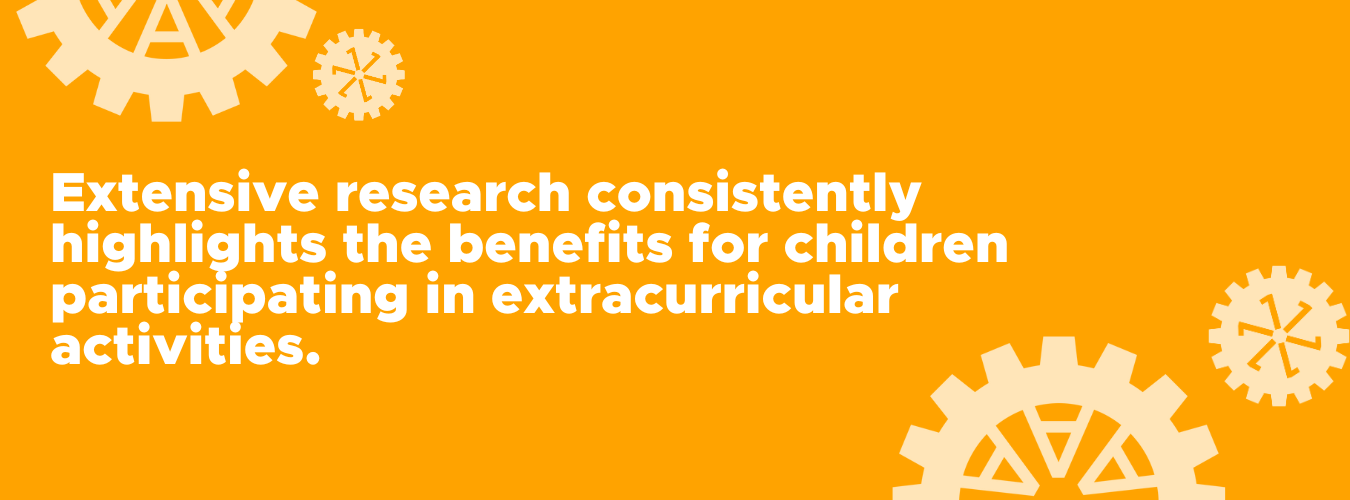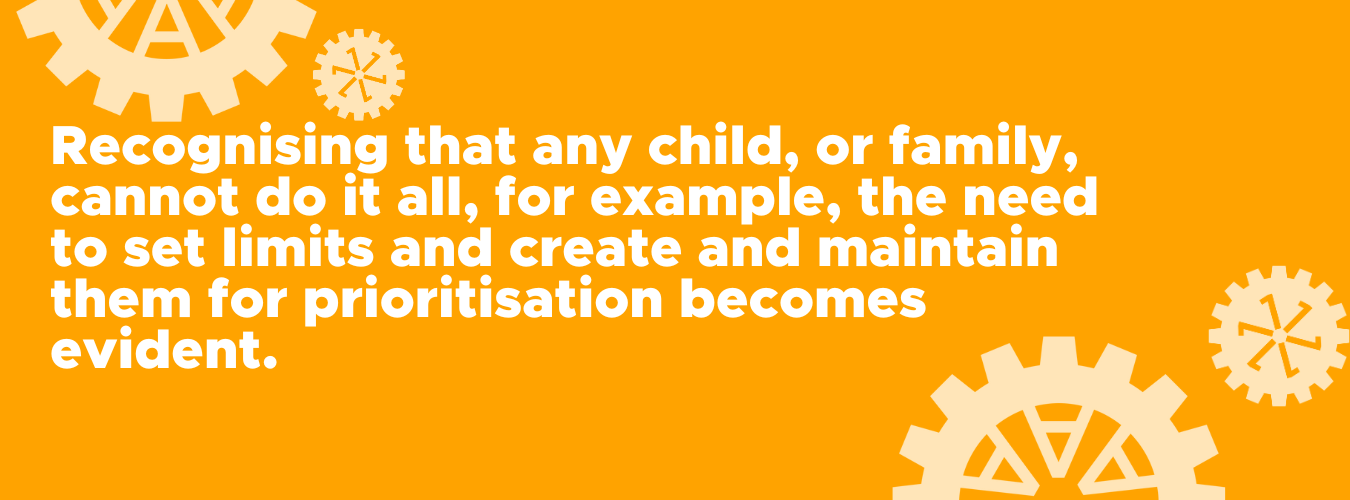Juggling Parenthood: Balancing School with Extracurriculars

As a parent with school-aged kids, the daily routine can often feel like a relentless battle – managing housework, packing lunches, ironing uniforms, orchestrating the mad dash to school, serving nutritious meals, tackling homework assignments, and fulfilling job responsibilities to manage your schedule and manage your time off. This full schedule is all before considering the commitments of sports training and practice each week.
Extracurriculars: A Priority Worth Considering
Amid these other commitments balancing academics, extracurricular activities may easily be relegated to a lower priority. However, the many life benefits derived from these activities and school life outside of school are too substantial to dismiss.
Exploring the Extracurricular Landscape
The plethora of extracurricular options is vast, from traditional pursuits like netball, dancing, football, swimming and music, to contemporary choices such as coding and robotics. The landscape caters to diverse interests, including organisations like Girl Guides, Scouts, or cadet units for those inclined to stay organised and sleep under the stars for at least seven hours.
Benefits and Considerations
Every extracurricular option comes with its unique set of benefits, risks, and costs balancing school, schedule academics, work life, personal life, time management, and time commitments. The question for many parents shifts from whether their child should engage in extracurricular activities to finding the optimal combination that suits their child's needs.

Nurturing Physical and Mental Health
Amidst the benefits and considerations surrounding extracurricular activities, it is crucial to underscore their profound impact on the mental and physical health of children. Beyond the development of social, emotional, and intellectual facets, these activities play a vital role in promoting overall well-being. Regular engagement in extracurricular activities has been linked to positive mental health outcomes, including reduced anxiety and stress levels, as well as an enhancement in self-esteem and confidence.
The promotion of healthy growth, strong muscles and bones, improved fitness, and refined coordination and movement skills are tangible outcomes. Striking the right balance in extracurricular involvement not only contributes to academic success but also serves as a cornerstone for a holistic approach to a child's mental and physical health.
Parents navigating these choices should view extracurricular activities juggling academics as valuable contributors to the mental health of their children balancing the school's overall wellness, ensuring a more healthy lifestyle and balancing harmonious integration of mind and body development.
The Research-Backed Advantages
Extensive research consistently highlights the benefits for children participating in extracurricular activities. From social advantages such as fostering cooperation and teamwork skills to emotional and intellectual benefits like improved self-esteem, focus, stress management, sleep, and heightened concentration - the positive impact is substantial.

The Unexplored Risks
While the advantages are evident, it's crucial to acknowledge and manage the potential risks associated with extracurricular activities. Overcommitment, stretching too thin, distractions from academics school work, injuries (both minor and serious), and the need for students to miss some school work for representative competitions are considerations that merit attention.
Striking the Right Balance
In the pursuit of creating a schedule of success capitalising on the benefits and mitigating the risks for extracurriculars and activities, parents are tasked with finding the right balance for the personal life of each child. This balance is individualised, considering the child's age, interests, available options for personal time and unique personality traits.

The Family Context
Adding to the complexity is the broader family context. The number of siblings and friends, financial capacity, physical and mental health and logistical considerations of the time of effectively managing other responsibilities and maintaining the balance of the time effectively getting kids to various training and events all play a pivotal role in decision-making.
The Delicate Choice
Recognising that any child, or family, cannot do it all, for example, the need to set limits and create and maintain them for prioritisation becomes evident. The child's voice holds significance in their assignments, selecting after-school activities, and balancing their interests and social preferences with both parental and personal life as well as aspirations.

Embracing Structured Nothingness
Amidst the multitude of activities, it's crucial not to overlook the option of doing nothing. Allowing children time to be bored, encouraging imaginative play, watching movies, or for example, devoting time to fostering a love for reading can be just as vital as adding another dance lesson to the schedule each week.
The Clear Answer
Children engaged in extracurricular activities tend to exhibit resilience, well-rounded personalities, heightened social connectivity with friends, and improved academic performance. However, parents need to say "No time and energy now" when additional activities risk overwhelming the child or the entire family.
Seeking Harmony
In the pursuit of what's best for their kids, parents should aim for and achieve a healthy balance in life that enhances overall development without compromising the foundational relationships that define the work life of the family. In the intricate dance of parenthood life, achieving this equilibrium is an ongoing, evolving process shaped by each child's unique needs and the family's collective capacity for self-care.
Here at NumberWorks’nWords we understand the importance of education and provide personalised tuition for each child to ensure they are getting the best support possible. Our tutoring boosts confidence and results!
Our tutoring plans complement schoolwork and follow the curriculum, to support students with their academic goals. To learn more about how NumberWorks’nWords tuition can help your child, get in touch with the team, or book a free assessment and introductory lesson to start their journey today.




